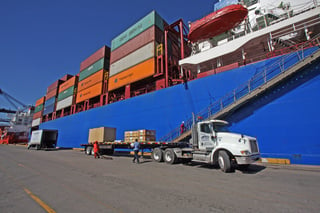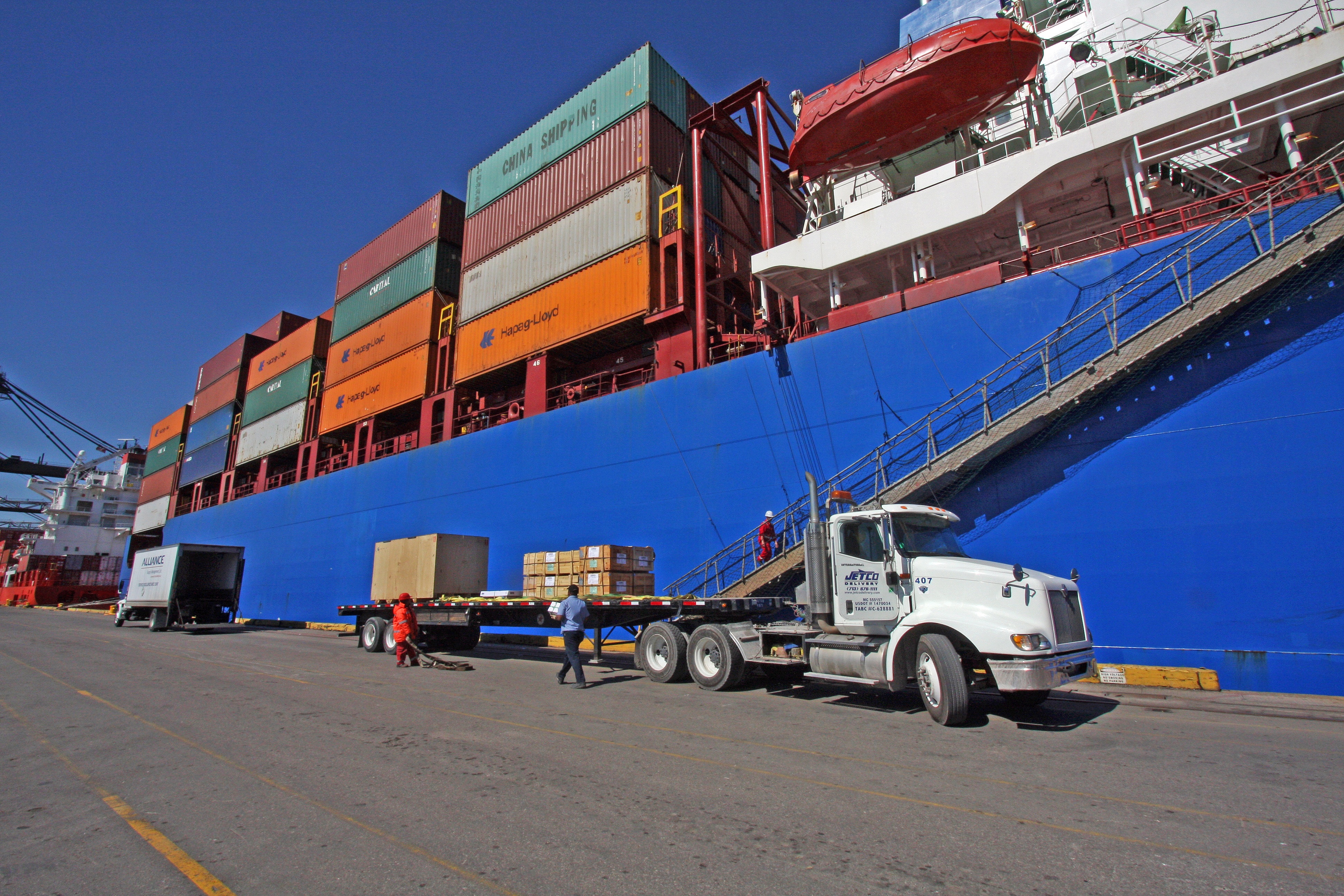What You Need to Know
 New global regulations requiring the weighing of containers before they are allowed to be loaded onto a ship will be implemented beginning in July, and you must know the facts to successfully transport your load. These new rules require the container to be weighed before being loaded on the ship. But, more importantly, being aware of who is considered the “shipper” and who is responsible for the weight is essential. No matter if you’re the shipper, freight forwarder or carrier, should you choose not to follow the new regulations, you risk your load being turned away.
New global regulations requiring the weighing of containers before they are allowed to be loaded onto a ship will be implemented beginning in July, and you must know the facts to successfully transport your load. These new rules require the container to be weighed before being loaded on the ship. But, more importantly, being aware of who is considered the “shipper” and who is responsible for the weight is essential. No matter if you’re the shipper, freight forwarder or carrier, should you choose not to follow the new regulations, you risk your load being turned away.
What’s Your Role?
The person who enters into the contract of carriage with the ship owner whose name appears on the bill of lading or the transport document will be treated as the actual shipper and will be legally responsible for the declaration of the verified weight.
For the Shipper:
To ensure your container is not overweight, here are some tips:
- Weigh the whole container on a certified and calibrated weighbridge or scale. Subtract the weight of the container (which is standardized) to determine the weight of the goods in the box.
- Weigh the pallet of goods, then the sum of the weight of pallets.
For the Freight Forwarder:
In many instances, a freight forwarder can also be considered the shipper of the freight, leaving the weight responsibility in the hands of the forwarder. This happens when the freight forwarder is the person who signs the transport document with the carrier, making them the legal shipper. To ensure you eliminate risk, follow the proper weighing instructions as indicated above.
As Your Carrier:
While the above changes specifically address international ocean carriage, we also depend on your to properly weigh your containers. If, for some reason, the weight is not DOT legal, we will not be allowed to haul the load. Therefore, accurate communication is key so that we can ensure the smooth ground transportation of your container.



